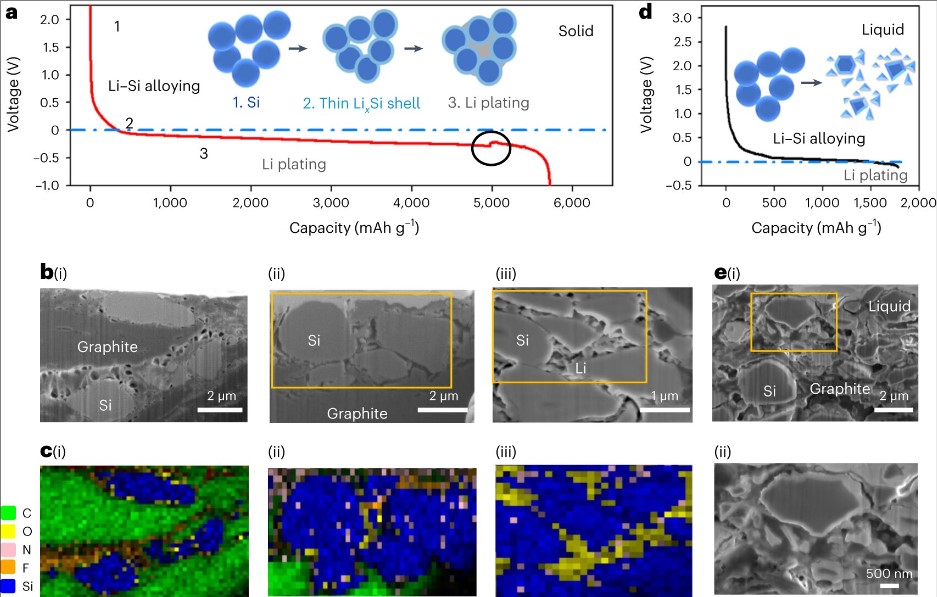Harvard Scientists Develop Solid State Battery Design Charges in Minutes, Lasts for Thousands of Cycles

Technology News ,World :- Researchers at Harvard's School of Engineering have created an innovative lithium metal battery that can be charged and discharged over 6,000 times, surpassing other batteries in durability. The breakthrough not only introduces a novel method for making solid-state batteries but also enhances our understanding of the materials crucial for these potentially game-changing batteries.
Traditional lithium metal anode batteries are considered highly desirable due to their capacity, which is ten times greater than commercial graphite anodes. This could significantly extend the driving range of electric vehicles. Xin Li, Associate Professor of Materials Science at SEAS and senior author of the paper, emphasized the importance of this research in moving towards practical solid-state batteries for industrial and commercial use.
A major challenge in designing these batteries is the formation of dendrites on the anode's surface. These dendrites, similar to roots, grow into the electrolyte, causing short circuits or even fires. The researchers addressed this issue by using micron-sized silicon particles in the anode to control the lithiation reaction, preventing dendrite formation and facilitating even plating of a thick layer of lithium metal.
Unlike traditional lithium-ion batteries, where lithium ions penetrate deep into the anode, the solid-state battery design constrains the lithiation reaction to the surface of silicon particles. This results in lithium metal plating around the silicon core, creating a uniform surface that prevents dendrite growth. The even surface also allows for quick plating and stripping, enabling the battery to recharge in just about 10 minutes.
The researchers successfully tested a postage stamp-sized pouch cell version of the battery, which outperformed other pouch cell batteries on the market by retaining 80% of its capacity after 6,000 cycles. The technology has been licensed to Adden Energy, a Harvard spinoff company, for further development into a smartphone-sized pouch cell battery.
Li and his team also identified the unique properties of silicon that facilitate the lithium diffusion process, providing a pathway to discover new materials for battery design. This research opens up possibilities for developing batteries with enhanced performance and durability, bringing us closer to a future of more efficient and long-lasting energy storage solutions.


